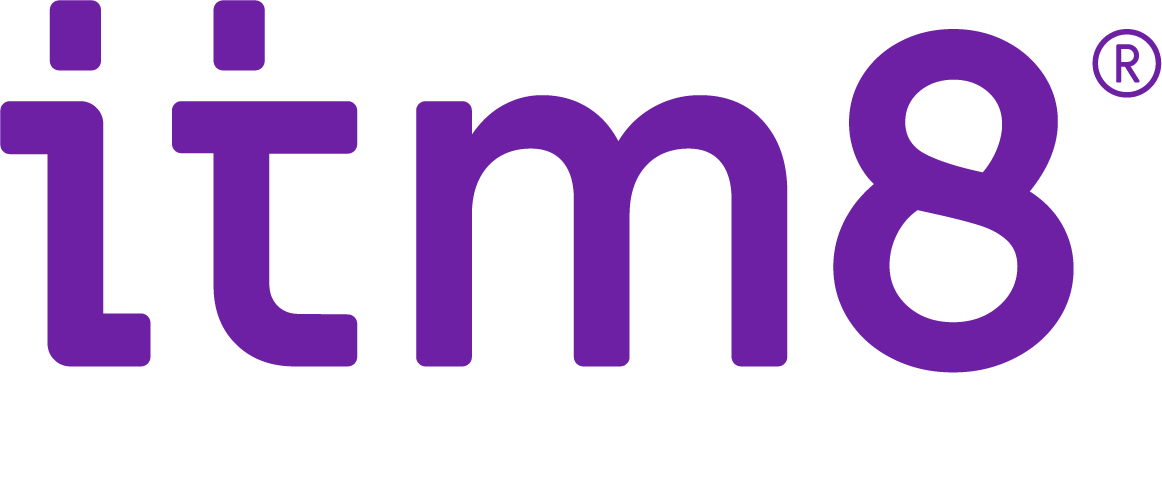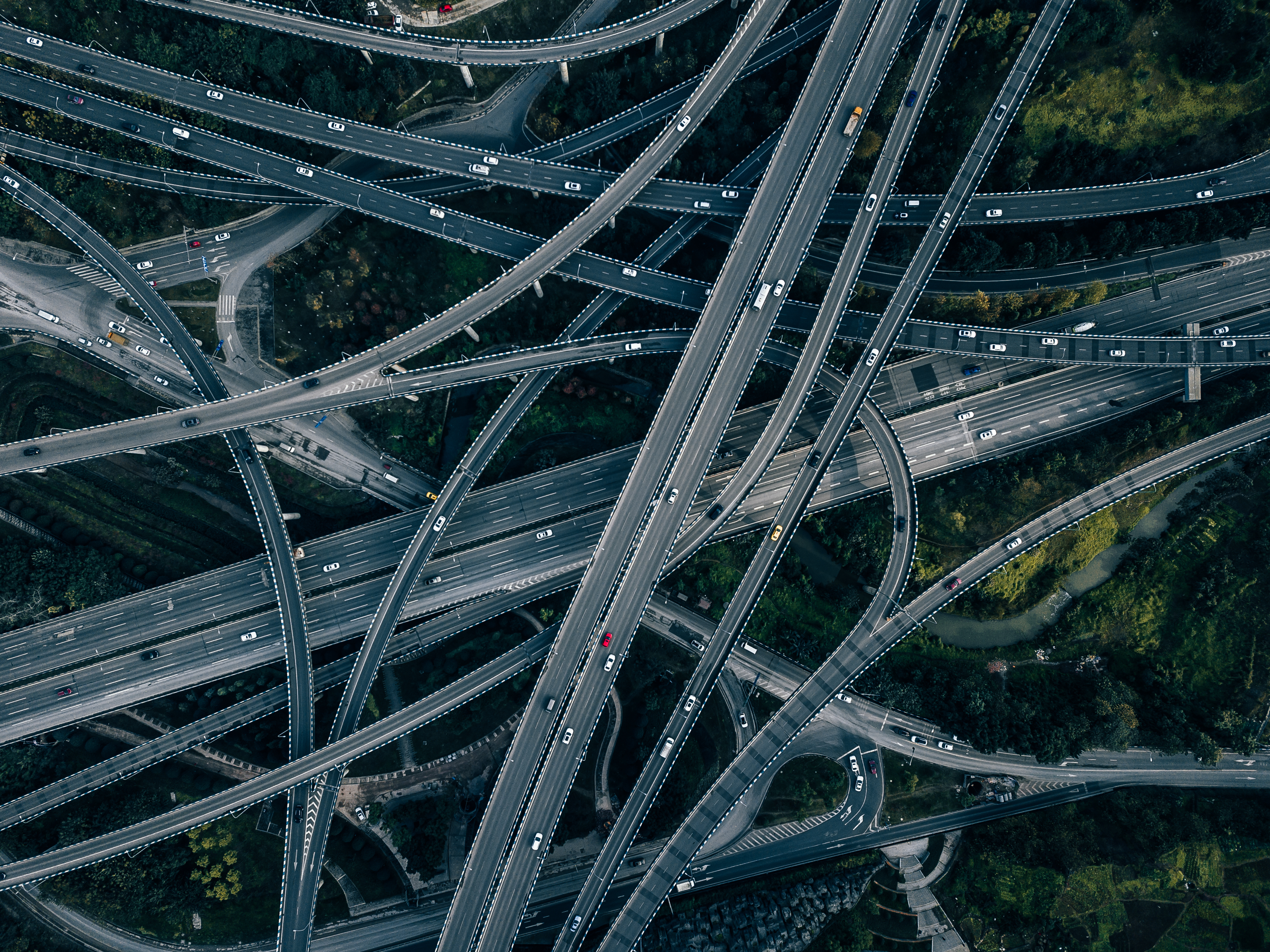Vi läser överallt om hur fort allting går, men ändå känns det ungefär likadant att köra till jobbet detta året som förra året. Detta är en paradox, vi ser inte själva hur vi åldras i det korta perspektivet och likaså är förändring svårt att se när man befinner sig mitt i den. På 90-talet hade de flesta kamera, videokamera, Walkman, mobil, digitalklocka och så vidare, idag har detta ersatts med en smartphone.
Så vad kommer hända med IT och samhället de närmsta åren, låt oss säga inom 10 år? Kom ihåg var ni läste detta först!
Självkörande bilar och förarlösa taxi är en självklarhet. Trots detta byggs fortfarande nya bostadsområden. Det vill säga vi kommer att bli avsläppta vid garagen som kommer användas som förråd långt ifrån sitt trapphus.
Vissa företag har missat digitaliseringen, andra ser hela sin affärsmodell rasa på grund av nya aktörer. Av Fortune 500 bolagen som står för 2/3 av USA:s BNP är hälften borta från listan om 10 år jämfört med idag.
Oxford University tror att 47% av alla arbeten i USA kan automatiseras inom 20 år. Forrester tror 6% redan till år 2021. Både fysiska och elektroniska robotar har om 10 år tagit över många arbeten. Vi saknar fotomodeller, bankkassörskor, revisorer och taxichaufförer lika mycket som vi idag saknar hissoperatörer. ”Arbetslösheten” har skjutit i höjden vilket medfört att diskussionen om medborgarlöner (basinkomst) blir en valfråga för att ta efter Finland, Italien, Nederländerna, Kanada med flera.
Enligt World Economic Forums prognos kommer 65% av de barn som börjar skolan i USA i år, som vuxna ha ett yrke som inte ens finns i dag. Detta har lett till att hela utbildningssektorn diskuteras och är i kris.
Elon Musk har lanserat första produkterna kring Neural Lace som kopplar in en dator direkt till hjärnan. Etiska diskussioner pågår överallt om när en människa är en människa och inte en robot eller ett lagrat medvetande. Du börjar få konstiga frågor när du står i kassan eller tullen eftersom de har läst av humöret på ditt ansikte med en kamera, därav en lika stor debatt om integritet, för GDPR räckte inte för att vi skulle känna oss mindre övervakade.
Enligt Stanford University är världens första 200-åring redan född idag, tyvärr kommer man inte diskutera pensionssystemet ännu.
Svensken passerar gränsen med 10 uppkopplade enheter per individ. Antal IoT uppkopplade enheter i världen närmar sig 100 miljarder och batteribytare blev ett nytt yrke.
Machine learning används för att skriva bättre algoritmer som förbättrar AI så att den själv kan förbättra sina algoritmer…
Banker, advokater, försäkringsbolag med flera kräver lagstiftning mot nya blockchain baserade tjänster som hotar deras verksamhet. Kvantdatorer börjar få spridning och förstör alla vanliga kryptoalgoritmer som används, samtidigt som Riksbanken vill lansera Swecoin.
Allt detta beror på digital utveckling. Vi är inne i det som kallas 4:e industriella revolutionen där gränserna mellan digitalt, fysiskt och biologiskt suddas ut. Just kombinationen av teknik inom olika områden skapar helt nya möjligheter och förutsättningar. Jämfört med förra industriella revolutionen har vi nu teknik som är 300 gånger kraftfullare och det går 10 gånger så snabbt.
Frågan som du bör ställa dig är: Anser du att er verksamhet utvecklas tillräckligt bra med ovanstående perspektiv vid handen eller ska vi träffas och diskutera lösningar där ni kan se till att skaffa er fördelarna som detta kan innebära?





